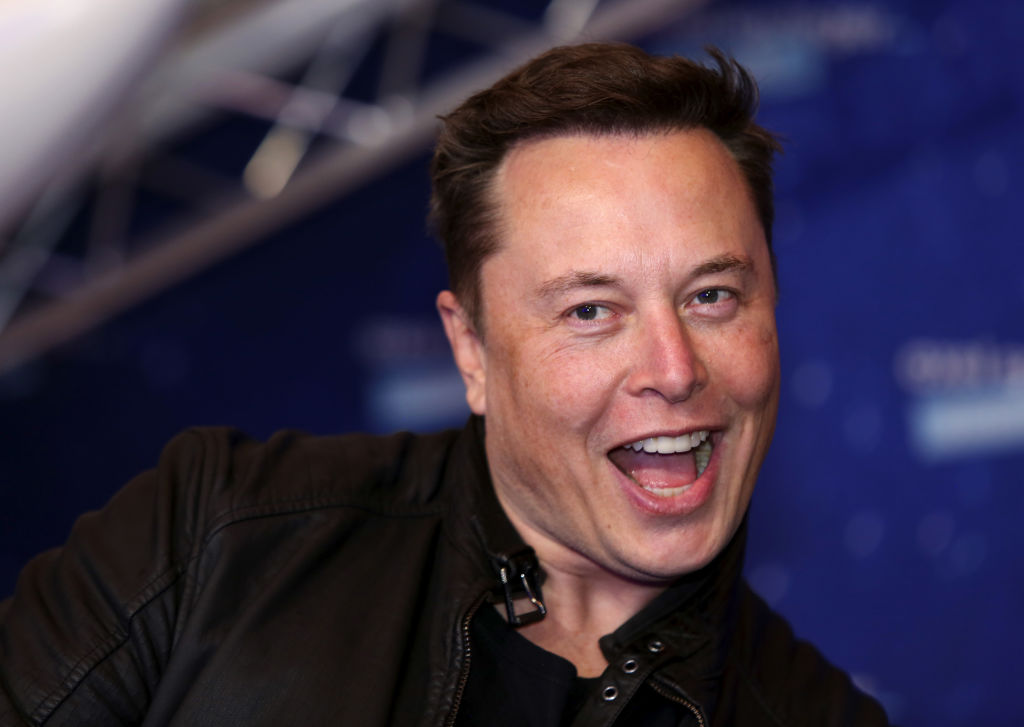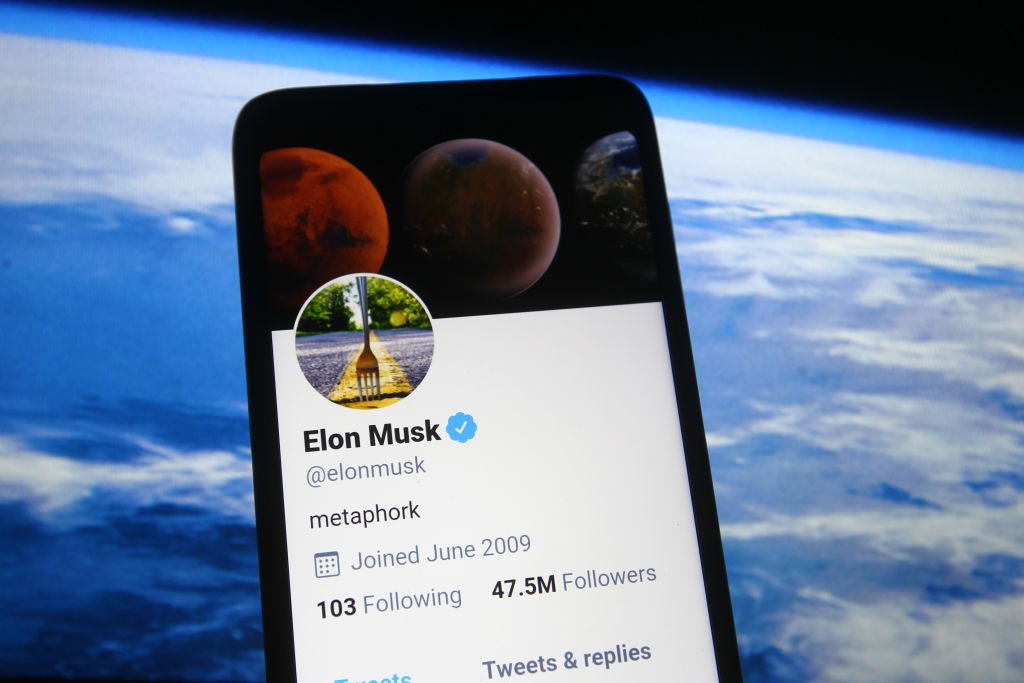Elon Musk accuses Twitter algorithm of manipulation as U-turn speculation mounts
You have to wonder whether the whole thing's just a troll.

One of the year's biggest tech stories so far is the proposed acquisition of Twitter by one Elon Musk in a deal that could be worth about $44 billion. Since then the action has been more-or-less non-stop: a handful of Twitter executives were ousted, Musk last week announced the deal was "temporarily on hold" thanks to bots, and now... well, it looks like Musk is trying to deliberately wind-up Twitter.
There's been some speculation, given Musk's behaviour since the deal was announced, that he may have had second thoughts and be looking for a face-saving way to back out of the deal. The delay to focus on bots and question Twitter's public filings may well be of genuine concern, but the way Musk is going about things is, as ever, designed to provoke reaction—at the weekend, he announced that his team would be doing random sampling of Twitter users to come up with their own estimates of how many are bots.
To find out, my team will do a random sample of 100 followers of @twitter. I invite others to repeat the same process and see what they discover …May 14, 2022
The problem? Musk went on to give further detail in a reply to another user, writing: "Any sensible random sampling process is fine. If many people independently get similar results for % of fake/spam/duplicate accounts, that will be telling. I picked 100 as the sample size number, because that is what Twitter uses to calculate <5% fake/spam/duplicate."
Shortly afterwards, with a degree of faux-incredulity, Musk revealed that Twitter's legal department called and complained that he had violated an NDA by revealing Twitter's sample size number.
Twitter legal just called to complain that I violated their NDA by revealing the bot check sample size is 100!This actually happened.May 14, 2022
But the billionaire troll was just getting warmed-up. He went on to remark that "the bots are angry at being counted" with a ROFL emoji, referred to himself as a member of "the Illuminaughty", tweeted fire emojis at Snoop Dogg, and cracked jokes such as: "Whoever thought owning the libs would be cheap never tried to acquire a social media company!"
Then he got in an argument with Twitter's co-founder and former CEO, Jack Dorsey. Musk went on a kick about the Twitter algorithm, declaring to his 93.4 million followers that "You are being manipulated by the algorithm in ways you don’t realize" and so on. This being Twitter he was soon joined by a bunch of folk making various claims about how it does or doesn't work.
Dorsey stuck his oar in and responded: "They simply try to put the tweets that you’re *most likely* to engage with at the top. That's it. Predictive based on what you like, retweet, reply to, search for, pause on, etc. it's meant to be a convenience, nothing more. Again most important is being able to turn off."
Keep up to date with the most important stories and the best deals, as picked by the PC Gamer team.
In response to the specific charge of manipulation, Dorsey added: "no it wasn’t designed to manipulate. it was designed to catch you up and work off what you engage with. that can def have unintended consequences tho. which is why one should be able to choose if they use an algo or not, and which one. simple solution to all this."
Following which, Musk somewhat rowed-back his original claims without withdrawing them. "I'm not suggesting malice in the algorithm, but rather that it's trying to guess what you might want to read and, in doing so, inadvertently manipulate/amplify your viewpoints without you realizing this is happening."

First of all, Musk does have a point. Whatever the intentions behind these algorithms they can have, as Dorsey put it, "unintended consequences." Dorsey has a point too, though, which is that Twitter does let users choose whether they want the algorithm or a chronological view.
But this isn't really about the algorithm, nor was all the stuff about bots really about bots. Musk is making an awful lot of noise at the moment and, as someone who's gotten in trouble for affecting stock prices with his social media use in the past, clearly knows what effect his public pronouncements will have—which is to create uncertainty, a fug of confusion, and possible cover for a U-turn.
It's not really worth reading too much into Twitter's share price because, unsurprisingly, it is currently on something of a rollercoaster ride of wild ups and downs, as shareholders wonder whether they're going to get a lovely cheque from Mr Musk or be left high-and-dry. Everything is relative of course: should Musk pull out of the deal, he will have to pay Twitter a 'cancellation fee' of $1 billion—which is pocket change for him, but still a billion dollars.
Poor old Parag Agrawal, Twitter's current CEO, has been understandably somewhat muted as the last few weeks have unfolded. He posted a thread on Friday, however, that suggests the Twitter higher-ups are wondering what's happening with this deal too: "While I expect the deal to close, we need to be prepared for all scenarios and always do what’s right for Twitter."
Musk later replied to a tweet of Agrawal's about the efficacy of external studies on bots with... a poop emoji.
Musk is clearly a remarkable and unusual individual with a laundry list of achievements. So it's easy to forget that he can also on occasion be a weapons-grade troll, and adores internet humour. The Twitter takeover did seem like one of the year's biggest tech stories: but now we're not the only ones wondering whether Musk's just taking everyone for a ride.

Rich is a games journalist with 15 years' experience, beginning his career on Edge magazine before working for a wide range of outlets, including Ars Technica, Eurogamer, GamesRadar+, Gamespot, the Guardian, IGN, the New Statesman, Polygon, and Vice. He was the editor of Kotaku UK, the UK arm of Kotaku, for three years before joining PC Gamer. He is the author of a Brief History of Video Games, a full history of the medium, which the Midwest Book Review described as "[a] must-read for serious minded game historians and curious video game connoisseurs alike."
- Wes FenlonSenior Editor

